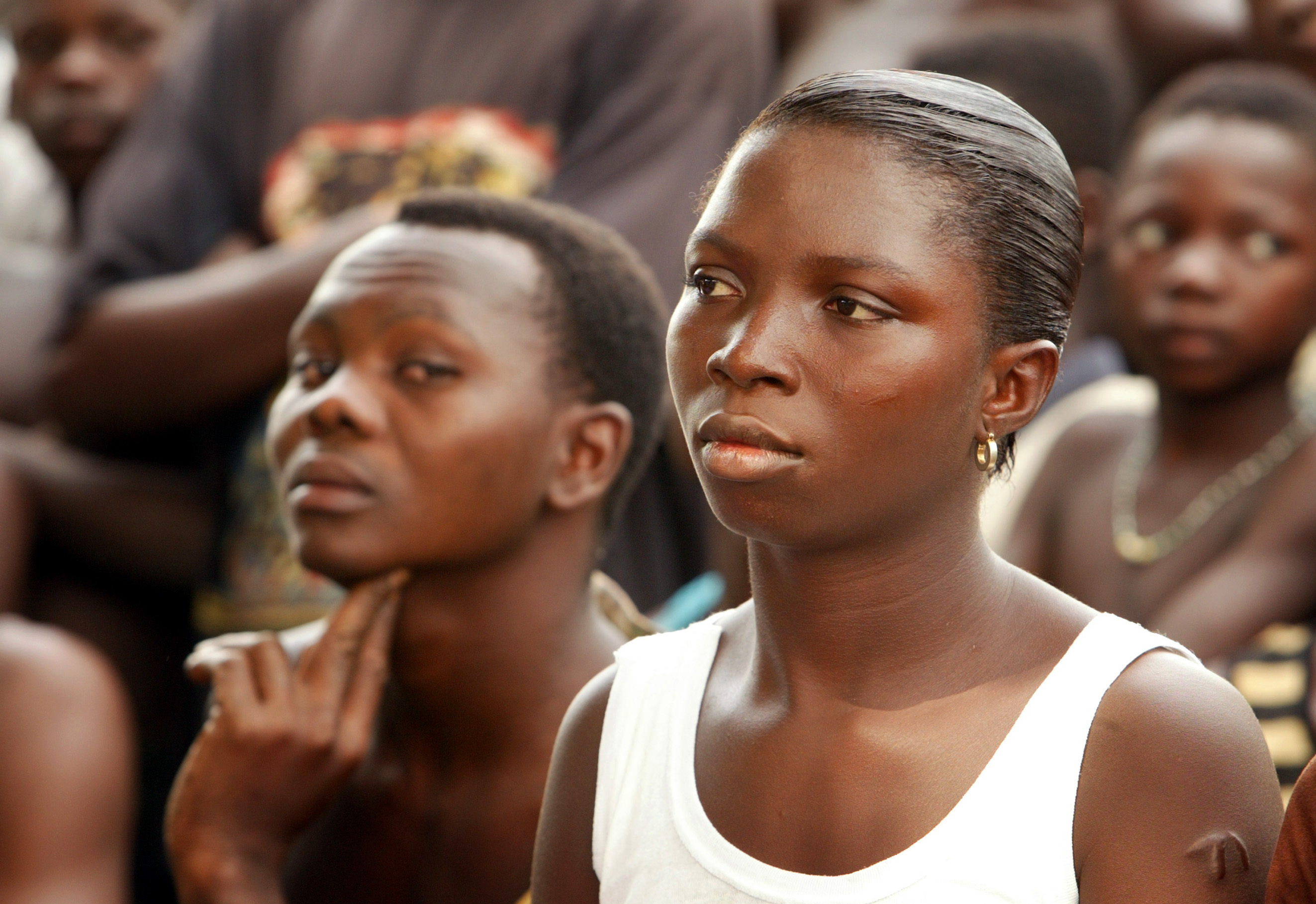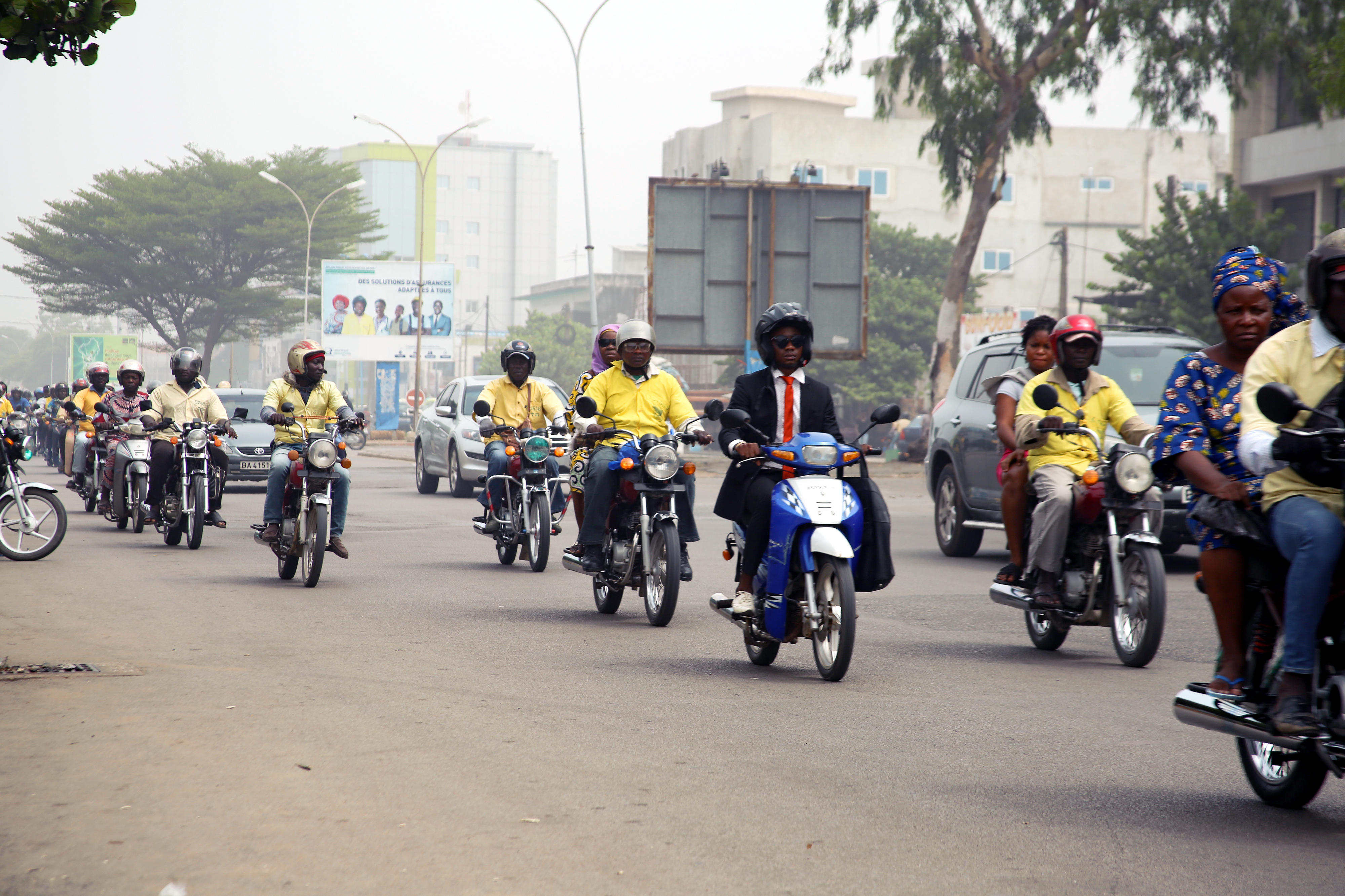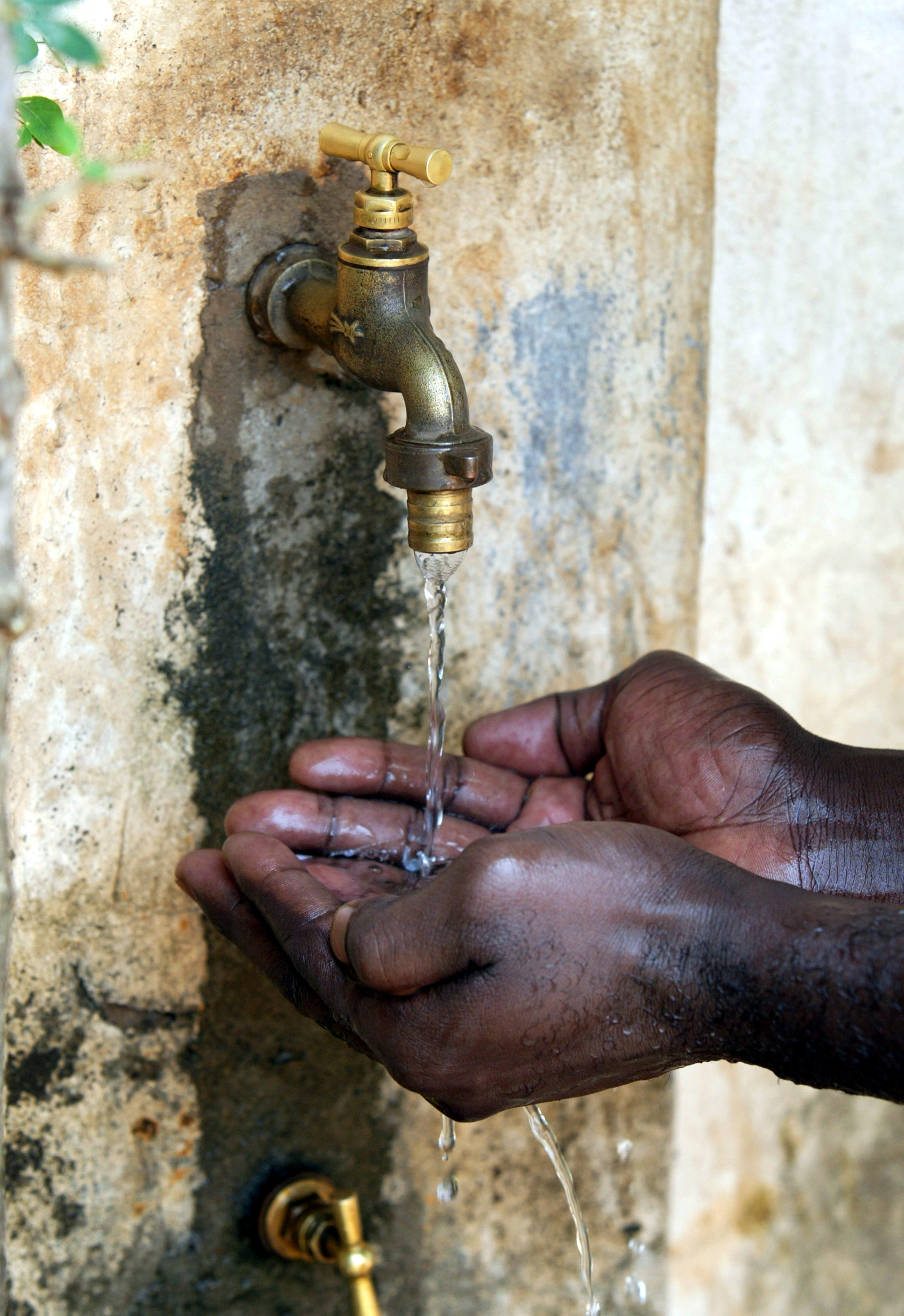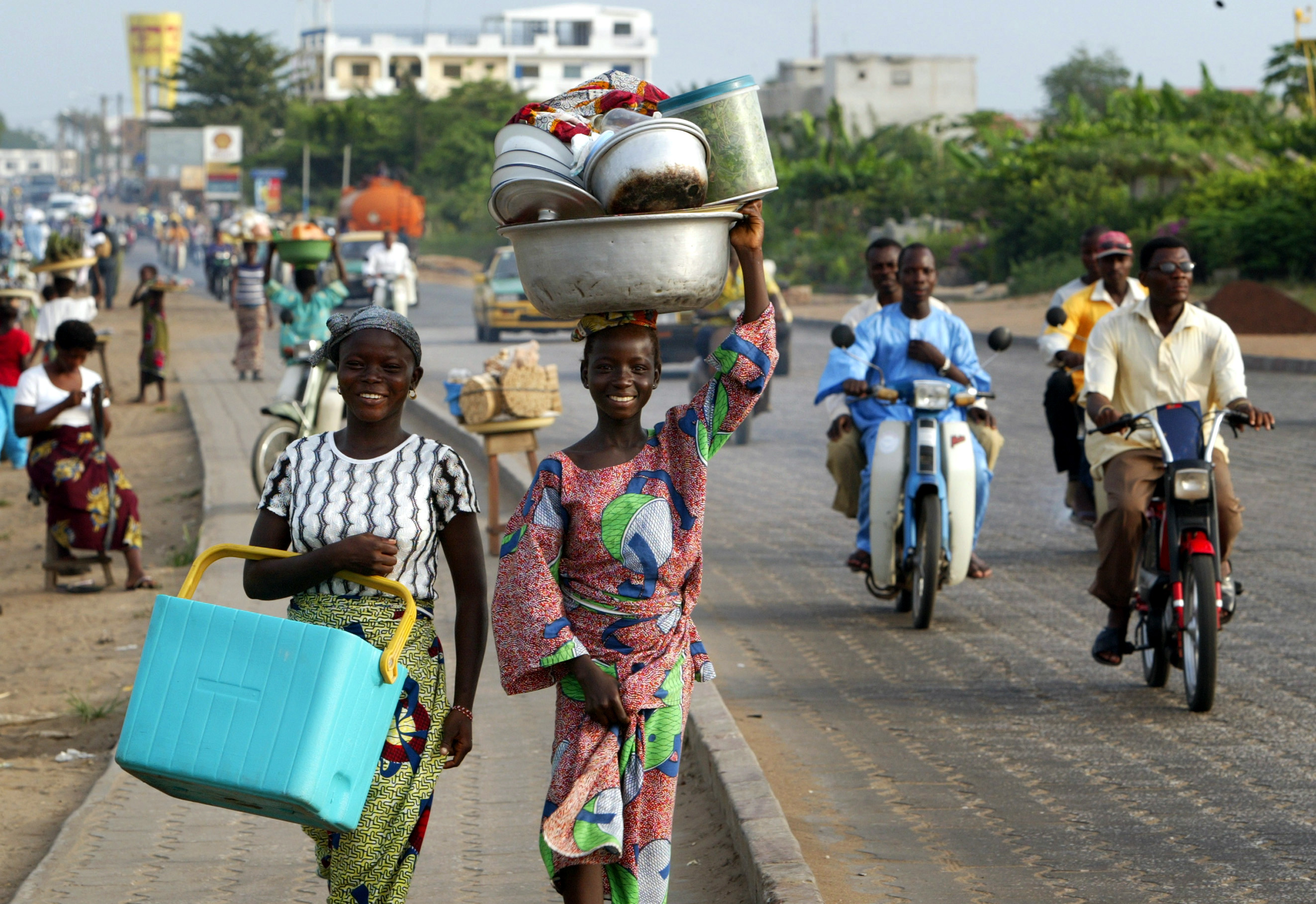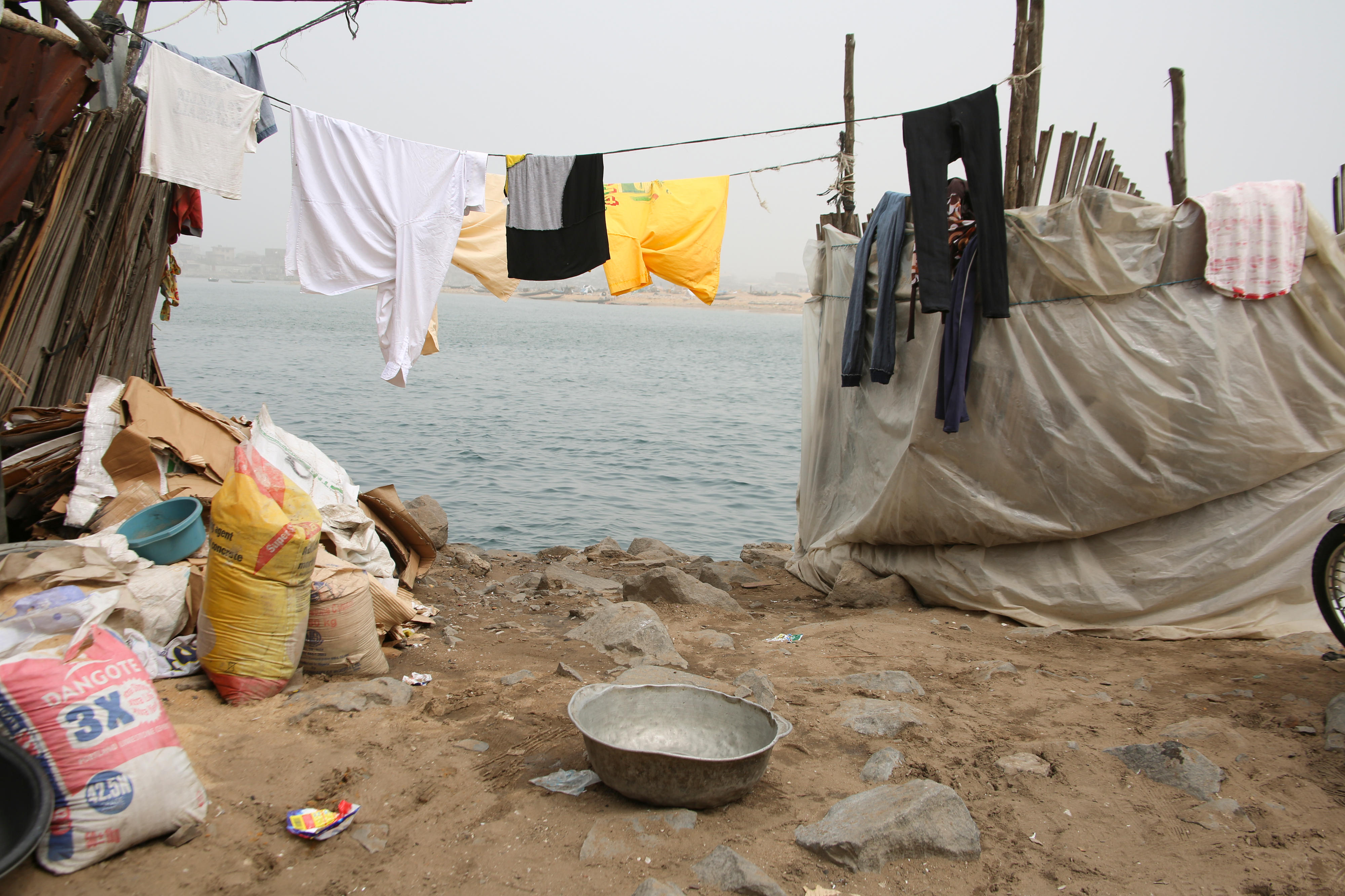Beach on the Atlantic coast of Benin, near the town of Ouidah
Copyright© Shubert Ciencia, via flickr, CC BY 2.0
Benin
A great deal of progress has already been made. For example, an industrial zone has been established for the processing of agricultural products, and the introduction of digital technology at public authorities is moving forward. Benin is working to implement the 2030 Agenda. Improvements are evident, for instance, in the field of water supply. Whilst these reforms are ongoing, there nevertheless remain restrictions on the freedom of the press, democratic liberties, and the separation of powers.
The continuous economic growth which Benin has experienced in the last few years was slowed a little by the decision to close the border between Benin and Niger, which was taken in response to the coup in Niger in mid-2023. Moreover, the government has not yet been able to tangibly reduce poverty in Benin. One factor that is slowing down development is the high rate of population growth. The current Human Development Index (HDI) ranks Benin 173rd out of 193 countries.
The increasing spread of radicalising and terrorist influence from the Sahel in northern Benin is a cause for concern. In May 2023, targeted brutal killings of civilians took place in northern Benin.
German development cooperation with Benin
The Federal Ministry for Economic Cooperation and Development (BMZ) supports Benin's ambitious reform course. It also supports Benin in the face of the increasing spread of radical groups in the northern part of the country.
Germany's development cooperation with Benin is geared towards fostering poverty reduction and stability through sustainable economic growth that benefits all segments of the population while conserving natural resources. Increased employment and incomes and good public financial management are hoped to make an effective contribution to poverty reduction. In the northern part of the country, which is experiencing increasing violence, efforts are under way to build people's resilience and protect biodiversity and water resources.
The BMZ is assisting Benin's government in implementing its current action programme and its national development plan, both of which make explicit reference to the goals of the 2030 Agenda for Sustainable Development and of the African Union's Agenda 2063 (External link). The BMZ has supported the establishment of a monitoring system for the implementation of these goals.
In 2023, Germany committed 90 million euros in new funding to its partner country. This amount comprises 55 million euros in Financial Cooperation funding and 34.5 million euros for Technical Cooperation, plus 0.5 million euros under the Special Initiative “Transformation of Agricultural and Food Systems”.
Development cooperation focuses on the following core areas:
- Peaceful and inclusive societies
Area of intervention: good governance - Sustainable economic development, training and employment
Areas of intervention: technical and vocational education and training, private sector and financial sector development - Conserving nature and natural resources, protecting life on Earth
Areas of intervention: water, biodiversity
As part of the initiative area “Digital technology and data”, the BMZ also supports the strong efforts of the Beninese government to harness the opportunities of the digital transformation for national development.
Germany's long-standing involvement in agriculture, which used to be a priority area of bilateral cooperation, is being phased out, as Benin's government wishes to put a new focus on vocational education and sustainable economic development. For many years, Germany assisted Benin in the agricultural sector on aspects such as value chain development and adaptation to climate change. Some of the successful approaches used in these programmes are being applied now in other core areas, for instance vocational training.
SDG trends for Benin
- On track or maintaining SDG achievement
- Moderately improving
- Stagnating
- Decreasing
- Trend information unavailable


